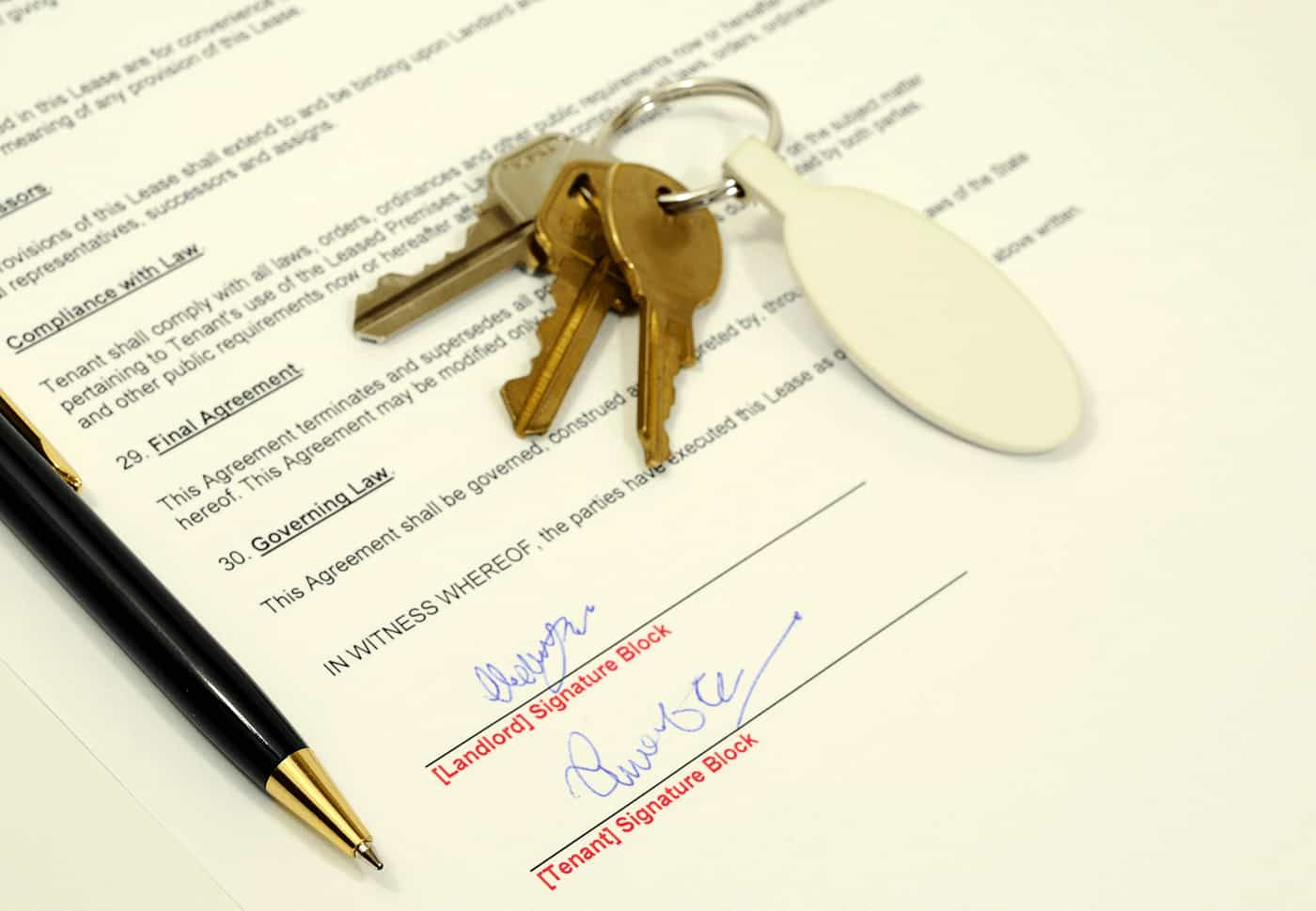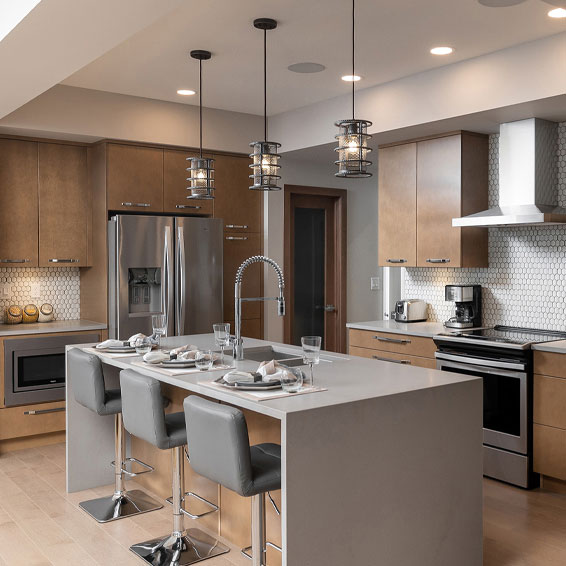
The tenancy agreement is the foundation of the landlord-tenant relationship. It should clearly set out the rules of the arrangement so that there’s no question about what’s expected from either party.
If this is your first time being a landlord, you might feel nervous about getting it “right.” Fortunately, it’s not as scary as it seems, and there’s plenty of help available.

The Basics of a Tenancy Agreement
Technically, a tenancy agreement can be written, oral, or implied, but oral and implied agreements typically apply to those renting out to friends and families. To protect your interests, it’s almost always best to have a written agreement, and this is especially true when you’re renting to strangers, no matter how well you vet them. It should be signed by both you and your tenant before the agreement goes into effect.
At the most basic level, it should include the dates of the contract. Many people sign a year-to-year agreement, meaning that the agreement is good for one year, and then the person has to renew for another year.
Some people are comfortable with month-to-month agreements instead. Remember, though, that finding a good tenant can take time and money, and you won’t be earning an income when the property is vacant. The longer you can set the agreement for, the better.
On the other hand, tenants like the flexibility offered by month-to-month agreements because then they’re not stuck in a contract if they have to move for some reason. A lot of landlords set an initial one-year contract, then switch to month-to-month after that.
The tenancy agreement also sets out details about the rent. You should state what the rent payment is, when and how the tenant should pay it, and what happens when a payment is late. You’ll also need to have details about what the rent payment includes. For instance, some people include some or all utilities in the rent payment, while others have their tenants pay those things separately.

Reasonable Rules
You own the property, and you have the right to set some house rules regarding the use of that property. These rules should be made clear before the tenant signs the agreement because they might affect whether or not the tenant wants to rent your place. If there are no rules against a certain action, then it should be assumed that it’s allowable.
Pets are perhaps the biggest concern because pets tend to increase the amount of wear and tear on the rental unit. They might scratch the carpets or floors, and the smell of pet accidents can linger for years if not properly cleaned.
Even if the pet-owning tenant immediately cleans up after their dog in the yard, it can sometimes damage the yard — or at least make a place that’s not as fun for people to play in. As a landlord, you can decide whether you want to allow your tenants to have pets or not.
If you do, it’s within your right to require a separate pet deposit. You can also set limits about the pets, such as “no more than two cats” or “no dogs over 30 pounds.”
Other common rules are regarding the freedom to decorate (whether the tenant can paint the walls or hang their own artwork), use of outdoor spaces (where to park, whether barbecues are allowed and whether they can have a yard sale), noise levels and “quiet hours”, and requiring renter’s insurance.
Additionally, think carefully about whether you want to set rules about having guests over. This can be tricky. You don’t necessarily want to forbid a tenant from inviting their friends over, but you also don’t want the apartment to be Party Central.
Additionally, the tenant having a boyfriend or girlfriend stay over occasionally or a parent coming to visit for a few weeks is different from having several extra people living with them for months at a time. You’ll probably want to set some boundaries in the tenancy agreement, but you also want to be reasonable.

Creating the Agreement
The good news is that you don’t need to create your agreement from scratch. The Manitoba Residential Tenancies Branch offers pre-made tenancy agreements on their website. You can also find other examples through an internet search.
As you look for the right agreement for you, make sure you read all of the details. Don’t skim because you might find that you leave out an important detail. Having a lawyer check it out before you give it to your tenant is a smart idea.
Earning rental income is easier than ever, and it doesn’t cost a lot of extra money to include an income suite in your new home build. Talk to one of our New Home Sales Consultants to get all of the details you need.



